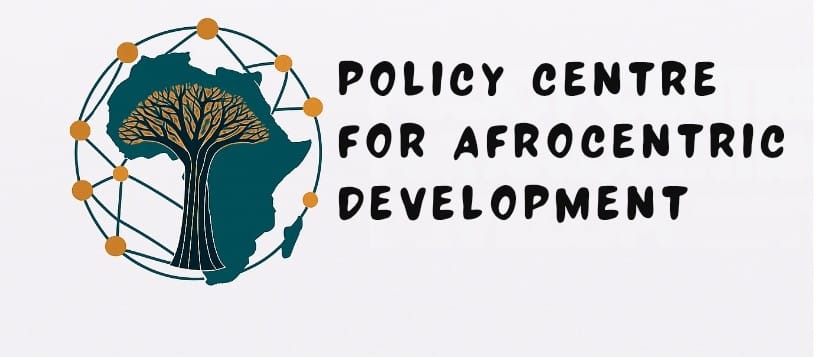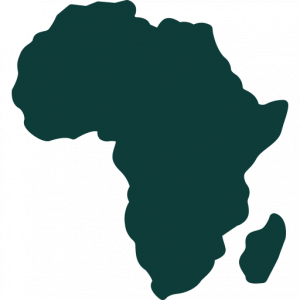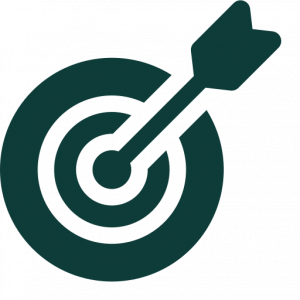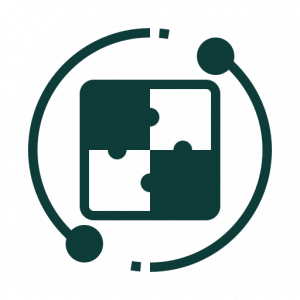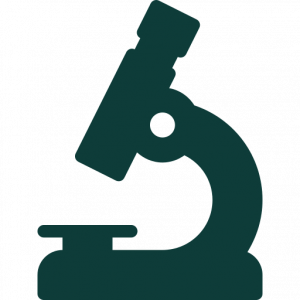Who We Are
The Policy Centre for Afrocentric Development (PCAD) is a pan-African think tank committed to redefining what development means for the African continent in accordance with Agenda 2063: The Africa We Want.
Why Choose Us
- Deep contextual insights
- Proven development expertise
- Reliability and responsiveness
Redefining Development through an African Lens
Founded on the belief that development must emerge from Africa’s own historical experiences, resources, and aspirations of its people, PCAD seeks to shift the dominant paradigms of policy design and implementation. We challenge externally imposed models and technocratic solutions that ignore context and concentrate instead on solutions that are rooted in sovereignty, structural change, and social justice.
We work at the intersection of research, policy, and practice to support African-led, structurally focused, and future-oriented transformation.
- Policy research and analysis
- Legal and institutional advisory
- Advocacy and public engagement
- Strategic foresight and planning
- Capacity development and training
Meet Our Founder
PCAD was born from lived experience.
As a teenager, our founder survived Kenya’s 2007 post-election violence which was an event that exposed the deadly legacy of colonial land injustice and ethnicized politics. Years later, while working in the development sector, he saw a repeated pattern: superficial solutions, disconnected from local realities and blind to structural causes.
From misguided NGO projects to colonial-era planning frameworks, from UN halls to European contradictions, his journey revealed one truth: Africa’s underdevelopment is not accidental – it’s systemic.
PCAD is his response. A space to connect the dots between the past and present, between local and global, between extractive systems and enduring poverty. Built on insight, resilience, and the conviction that Africans must shape their own development, PCAD stands for transformation.
Why You Should Partner With PCAD
- PCAD operates on the foundational principle that Africa’s development must be shaped by the continent’s own actors, experiences, and aspirations. We are African-focused and African-led, and our work is grounded in extensive African research and policy frameworks—including Agenda 2063 and related continental instruments.
- We move beyond surface-level symptoms to address the root causes of Africa’s underdevelopment—focusing on systems, power relations, and the institutional foundations of inequality. Our work interrogates the political economy of development and seeks to dismantle inherited structures that continue to limit Africa’s potential.
- PCAD examines development through a multilevel lens—connecting local realities with national strategies and global frameworks. We explore how international and domestic forces interact to shape outcomes, and identify leverage points where policy can catalyse systemic change.
- Our work is anchored in robust conceptual frameworks—drawing from interdisciplinary scholarship and resources such as the Global Sustainable Development Report (GSDR). We translate these insights into actionable strategies that guide policy-making and implementation.
Who We Work With
PCAD collaborates with a diverse range of actors across the development landscape. Our engagements are designed to be inclusive, strategic, and rooted in the shared goal of a sovereign, prosperous and inclusive Africa.
We work closely with:
- Government institutions and policy-makers at national and subnational levels—supporting evidence-based planning, public policy design, and legal and institutional reform.
- Regional organizations and multilateral bodies, including the African Union (AU), Regional Economic Communities (RECs), and global development agencies—contributing technical expertise and Afrocentric perspectives to regional and global development agendas.
- United Nations entities and international development partners, providing advisory services, strategic research, and capacity-building aligned with African needs, priorities and frameworks.
- Civil society organizations, grassroots networks, and social movements—ensuring that policy is informed by lived experience and inclusive of community voices.
- Academic institutions, think tanks, and policy networks, partnering on collaborative research, joint publications, and long-term knowledge exchange.
Our approach is intentionally multi-actor and participatory, bridging the gap between knowledge production, policy design, and public engagement.
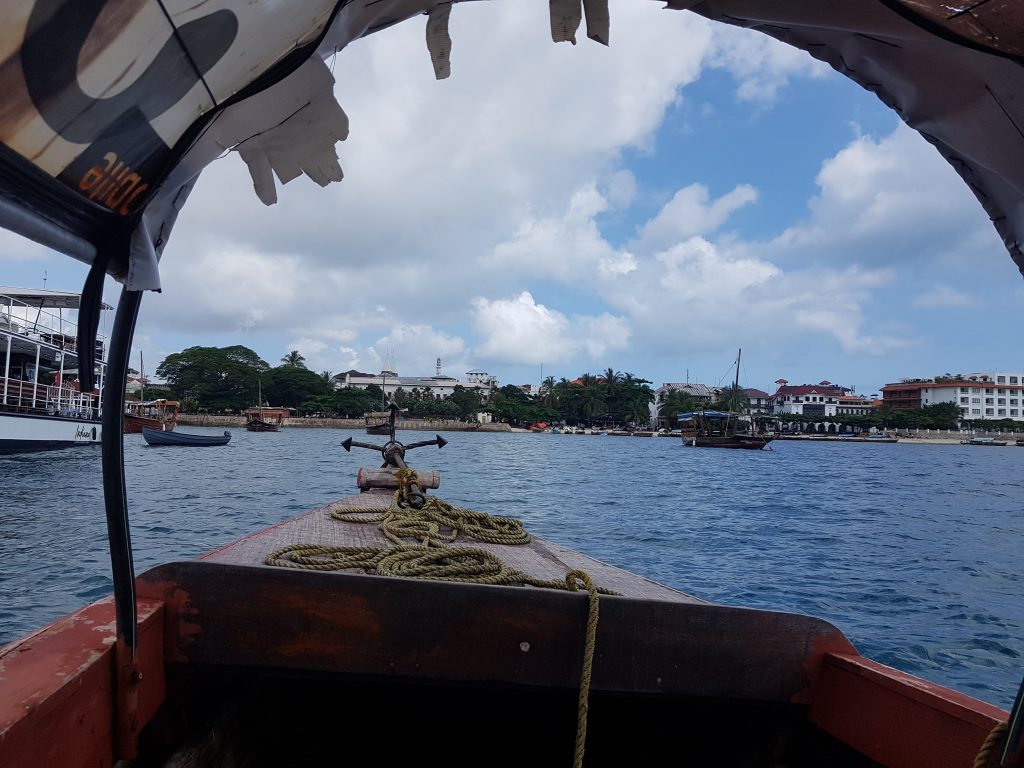
Our Guiding Values
Integrity
We are guided by a principled commitment to what is good for Africa. Our work is grounded in intellectual honesty, ethical responsibility, and a deep sense of accountability to the continent and its people. Our work promotes policy autonomy and institutional independence, resisting externally imposed frameworks that undermine national and continental self-determination.
Justice
We prioritize social, economic, and ecological justice in all aspects of our work. This includes addressing historical injustices, systemic exclusions, and power imbalances that continue to shape African societies.
Interconnectedness
Guided by African philosophies of wholeness and relationality, we recognize that development cannot be compartmentalized. We view development as a complex, interdependent system in which challenges and solutions are linked across sectors and scales.
Optimism
We approach our work with a strong belief in Africa’s ability to define and build its own future. Rooted in the vibrancy, creativity and historical resilience of African people, we believe that transformative change is not only necessary—but achievable.
Change Starts With a Conversation

Would you like to partner with us?
can support you with our tailored development solutions.
Schedule a Free Consultation
By submitting this form you agree to our Privacy Policy. Optimum may contact you via email or phone for scheduling or marketing purposes.
Stay Ahead.
Subscribe for Expert Insights.
You can unsubscribe at any time using the link in the footer of our emails. View our Privacy Policy.
